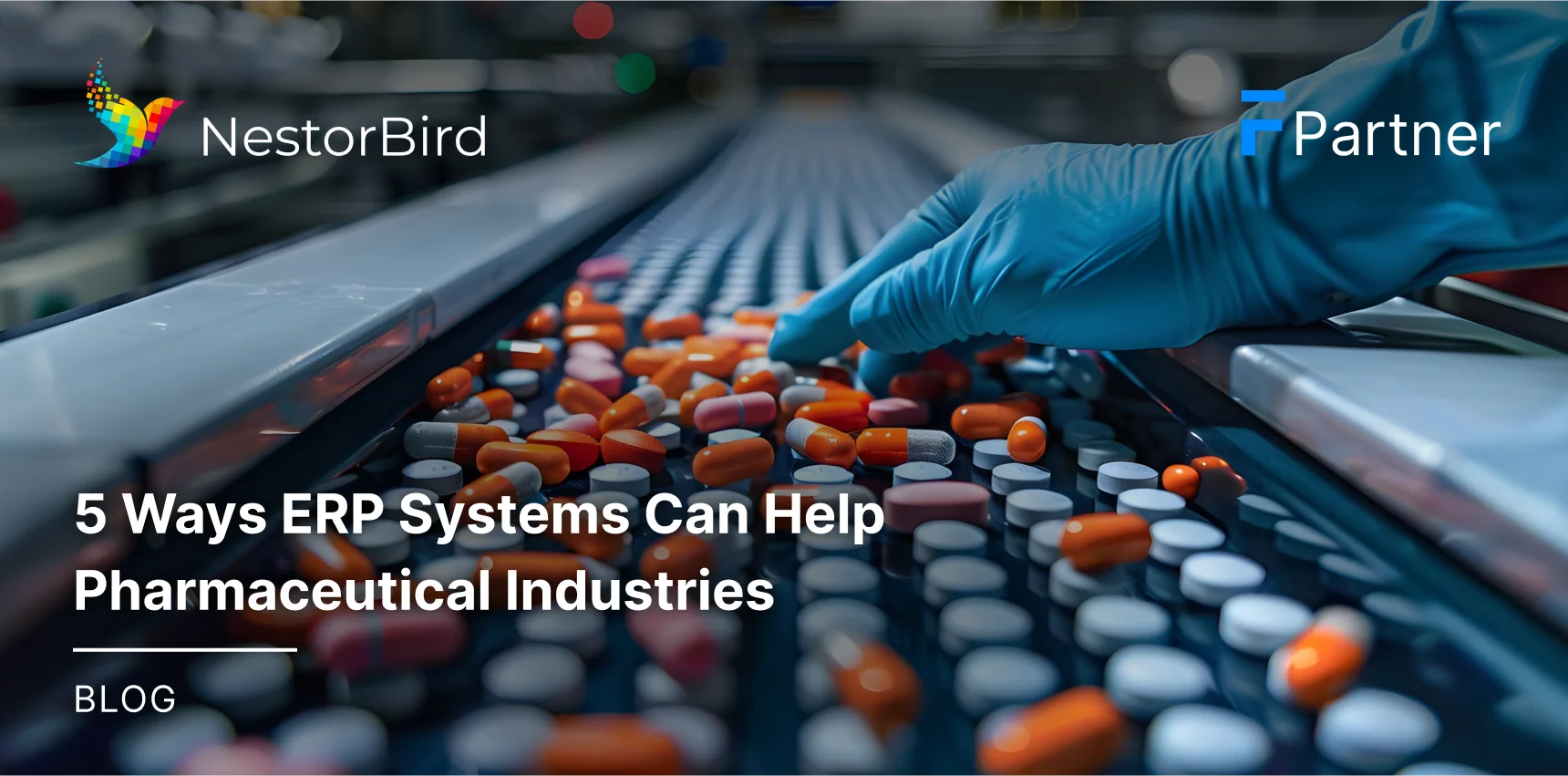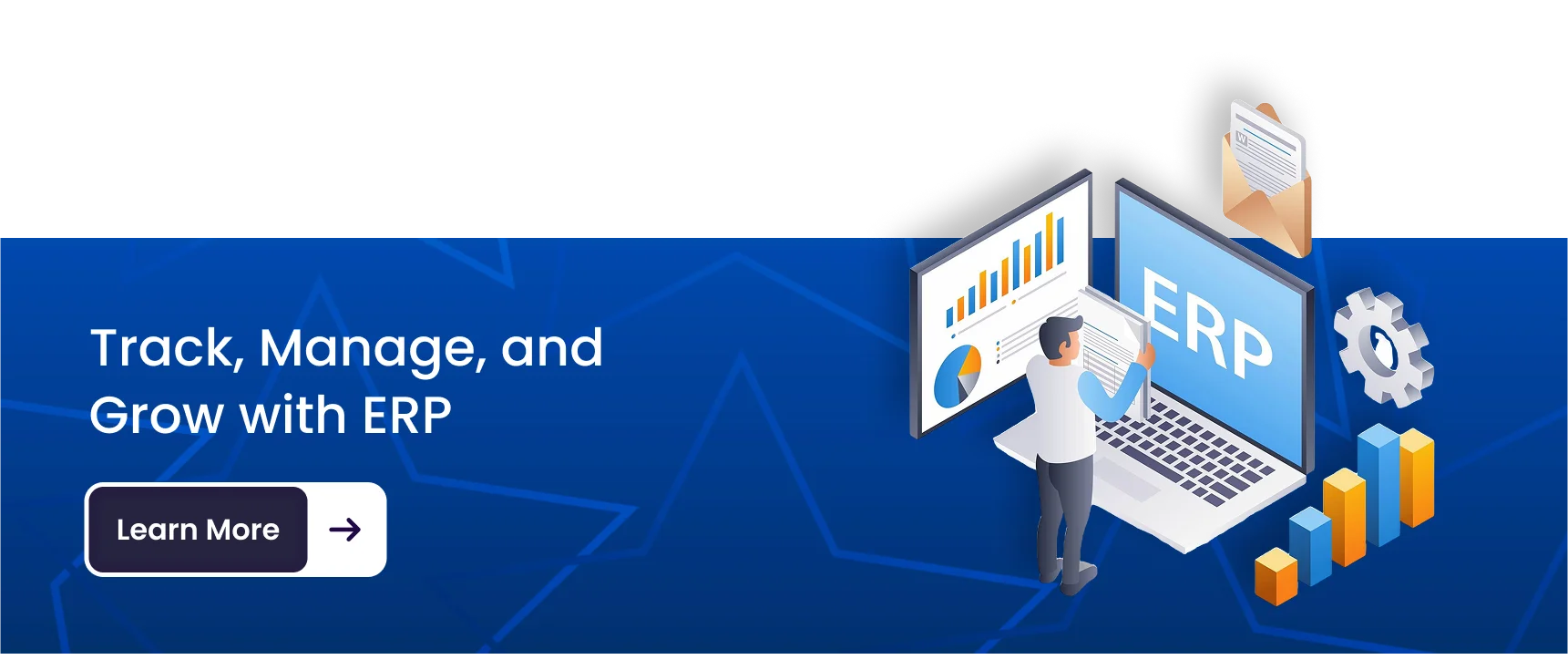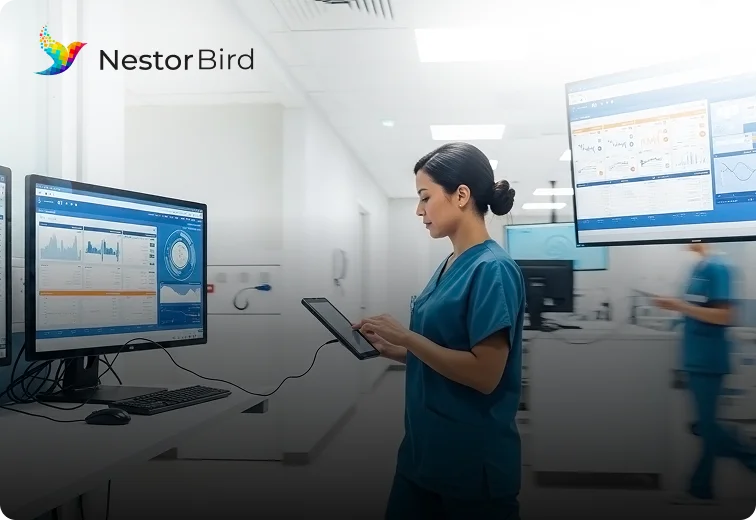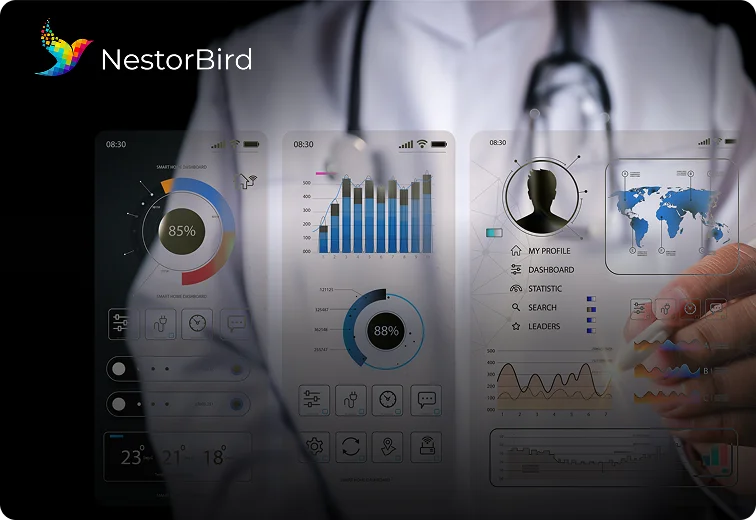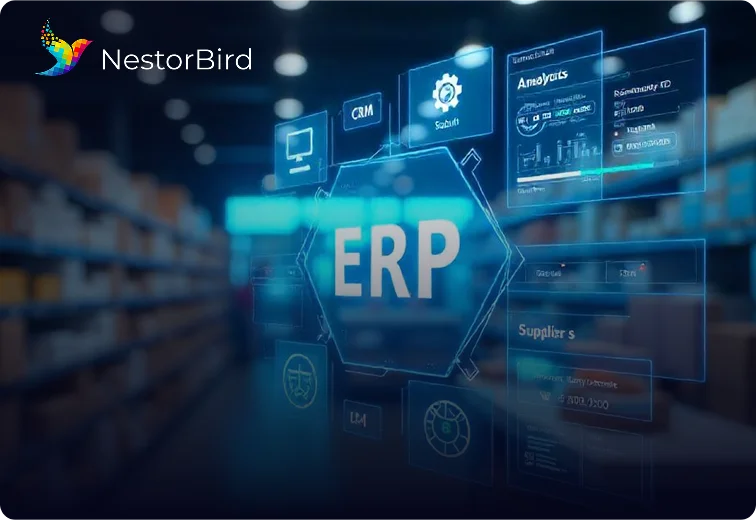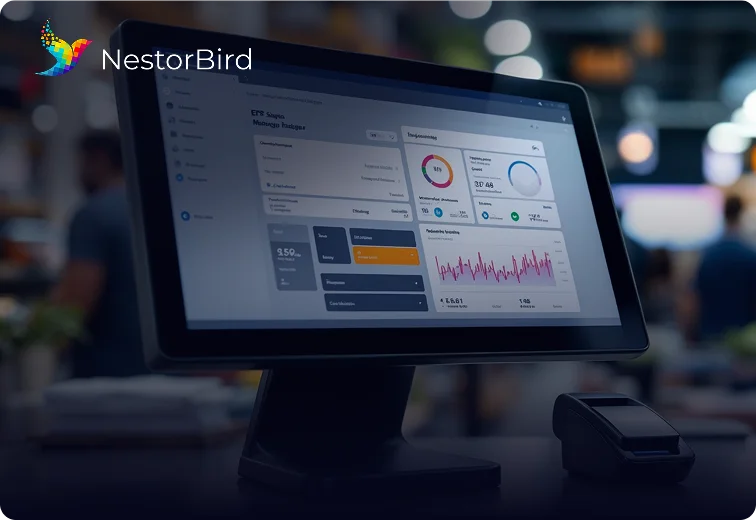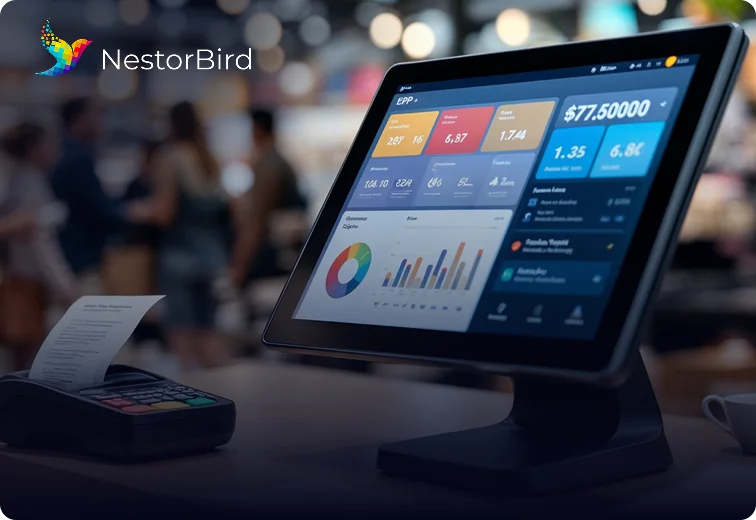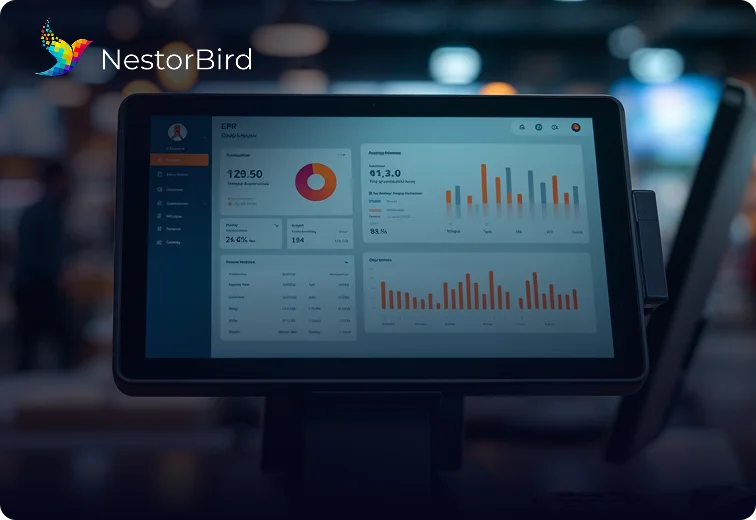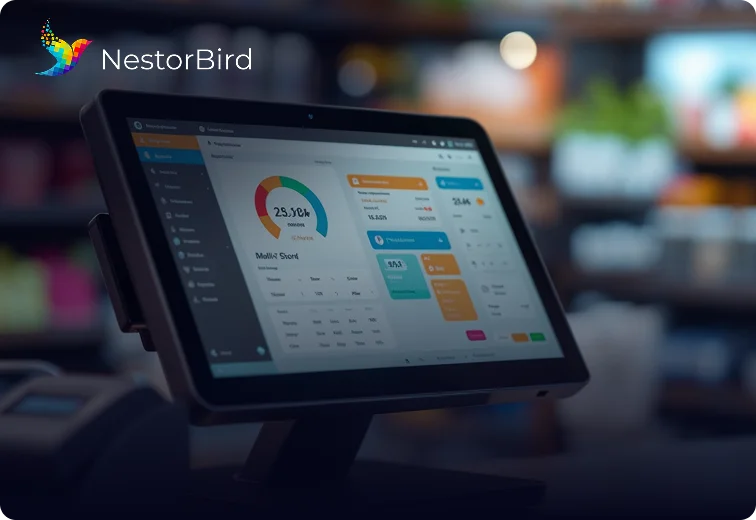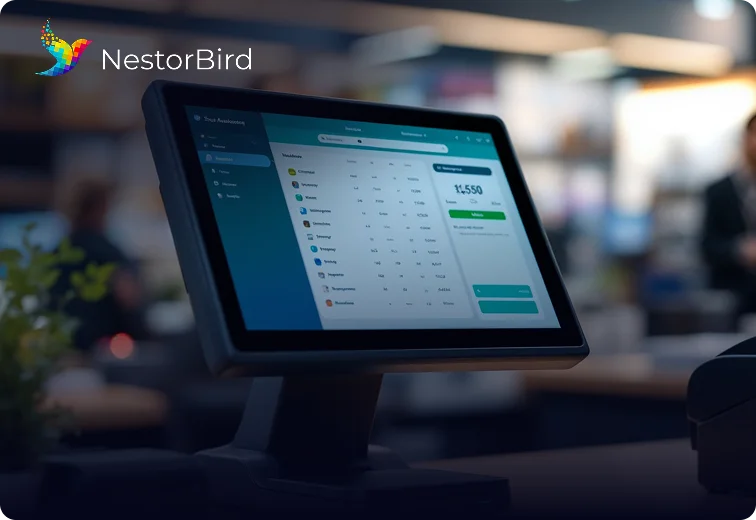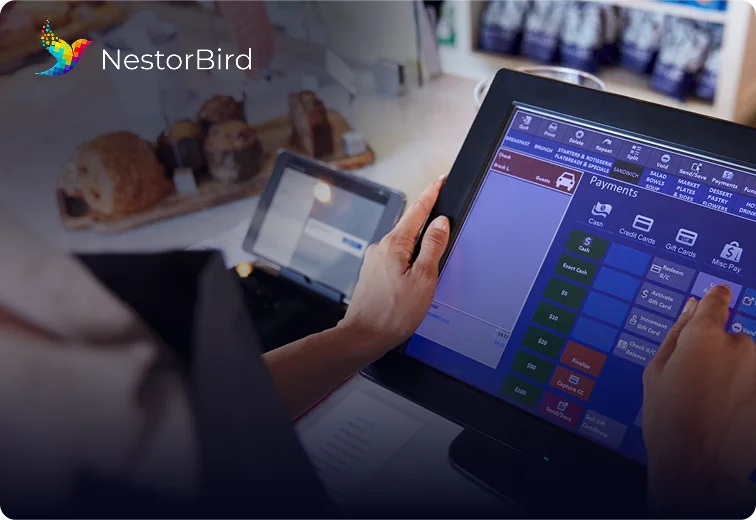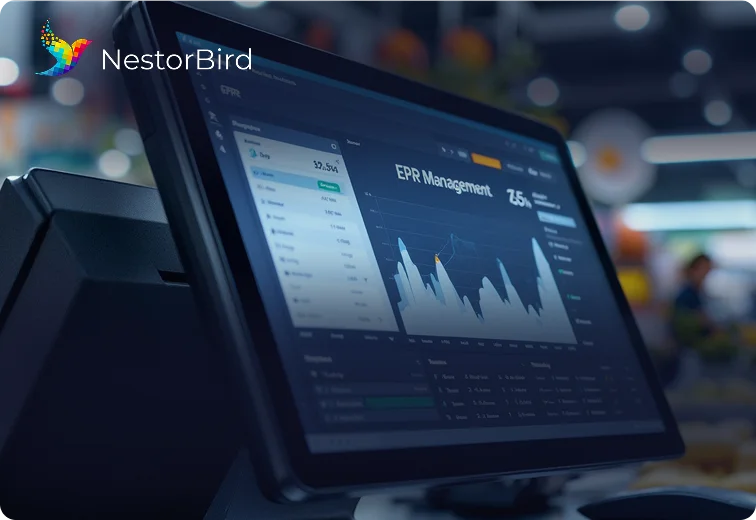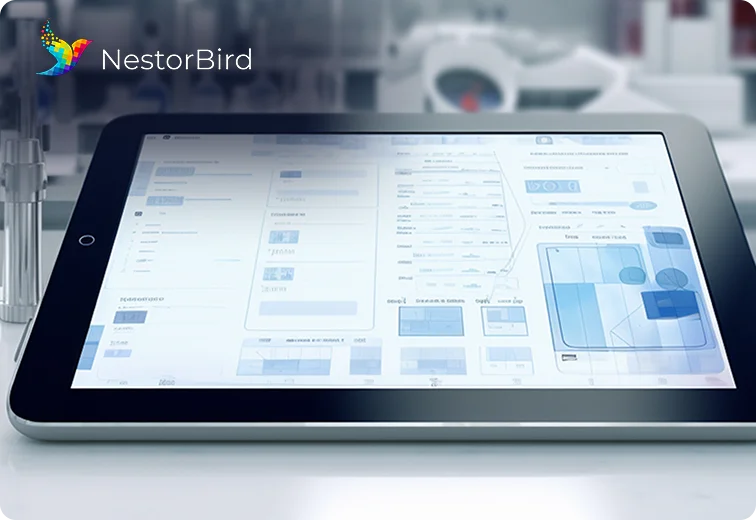Quick Summary
This blog explains how ERP pharmaceutical industry solutions help pharmaceutical companies manage inventory, meet compliance, improve manufacturing, control finances, and make better decisions. It covers five important ways ERP can make operations faster and more accurate.
Table Of Contents
Introduction
Pharma industries have to manage and follow very strict guidelines, regulations and compliances, and this is required to make sure of the safety and well-being of patients. Managing these processes manually can be slow, complex, and prone to errors. This is where the ERP pharmaceutical industry solutions come in to make operations smoother and more accurate. With the right pharmaceutical ERP solution or ERP software for pharma industry, companies can manage everything from production and inventory to compliance and reporting in one place. In this blog post, we will share 5 ways ERP systems can help pharmaceutical industries work better.
Key Takeaways
ERP pharmaceutical industry solutions help manage inventory and avoid stock issues.
They make it easier to meet compliance and quality standards.
ERP improves production planning and reduces errors.
Financial tasks become faster and more accurate with ERP.
Real-time data supports better decisions and growth.
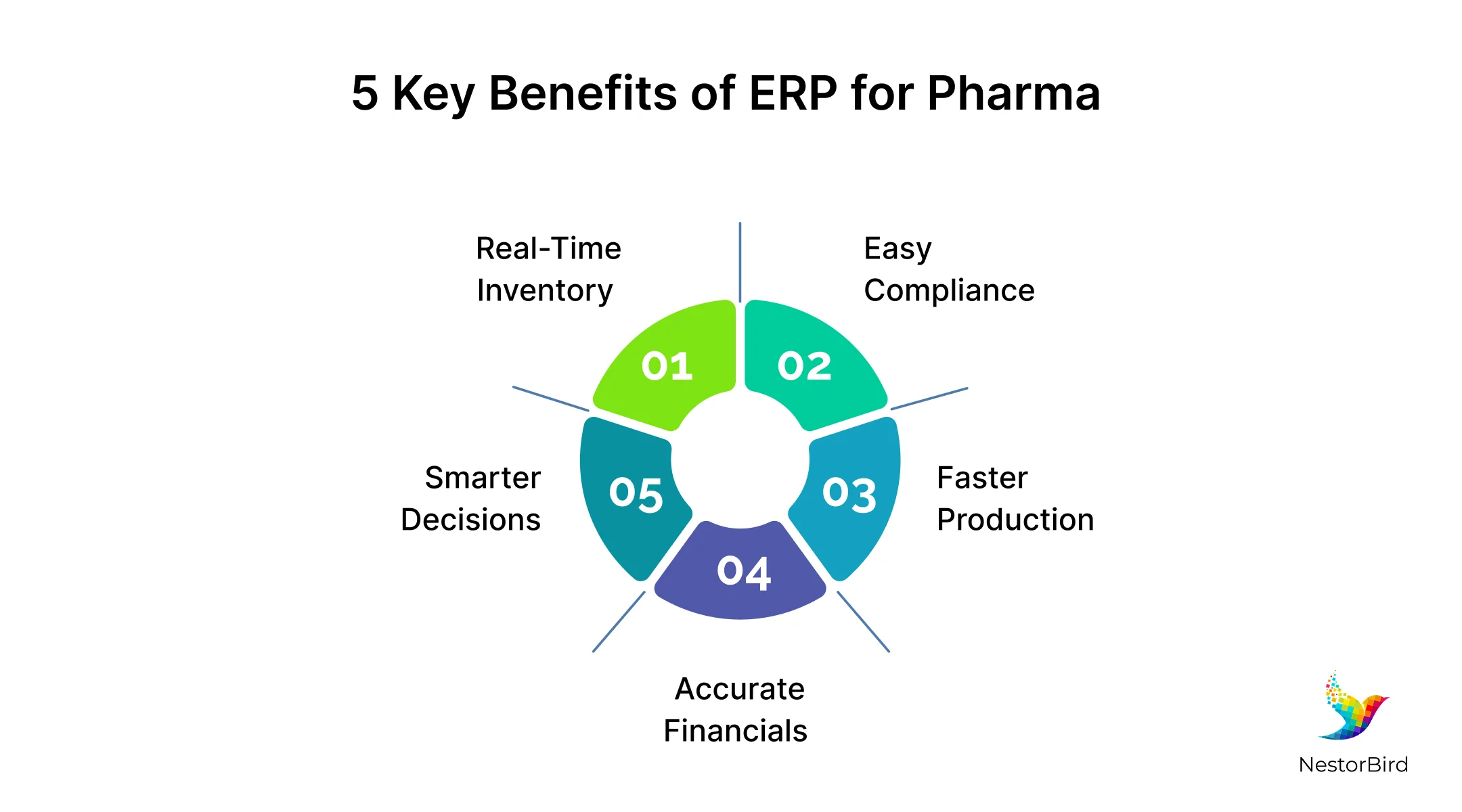
1. Enhanced Inventory and Supply Chain Management
We know that in the pharmaceutical industry, all its operations, like inventory and supply chain management, need to be very precise. The ERP solution for pharma industry helps companies track inventory in real time, so they always know the exact stock levels at every location. It also ensures proper batch control, meaning every medicine can be traced back to its source and production details. This is important for safety and compliance.
With a pharma ERP solution, pharmaceutical companies can prevent stockouts by setting alerts when stock is low, and avoid losses from expired products by tracking expiration dates accurately. It also helps ensure medicines are stored under the right conditions.
The ERP modules for pharmaceutical industry connect different processes like procurement, manufacturing, quality checks, and distribution into one system. This means purchasing teams, production managers, and warehouse staff can work with the same updated data, reducing delays and mistakes.
Using pharmaceutical ERP systems also helps with cost control. Better planning leads to less waste and more efficient use of materials, which is why the coordination with suppliers improves because everyone has visibility into stock needs and delivery schedules.
This is How ERP Enhances Efficiency Compliance Pharma.
2. Regulatory Compliance and Quality Assurance
There are very specific and numerous compliances, guidelines, rules, and regulations that the pharma industry needs to follow, because the main goal is to ensure patient safety and product quality.
A pharmaceutical ERP solution helps automate the complex documentation and record-keeping required by regulators such as the FDA. It creates detailed audit trails automatically, recording every step in the production and supply chain processes. This makes audits faster and more accurate, as inspectors can quickly verify compliance.
The ERP for pharma industry also supports meeting global regulatory standards by integrating quality control directly into the system. This integration ensures full batch traceability, meaning each batch can be tracked throughout its lifecycle. It also helps manage non-conformance issues by tracking deviations and corrective actions, improving overall quality assurance.
By using an ERP system pharmaceutical industry-specific, companies can maintain consistent compliance with fewer manual errors. These systems centralize data, documentation, and quality controls to make regulatory requirements easier to meet, reduce risks, and keep products safe for patients, and this approach not only protects the company legally but also builds trust with customers through reliable product safety and quality.
3. Streamlined Production and Manufacturing Processes
For the pharmaceutical business to run smoothly, many of its business operations and functions should be well-coordinated. A pharma ERP solution helps organize complex pharmaceutical formulations, production planning, and quality control all in one place. This makes managing production easier and ensures that medicines are made according to strict standards.
With ERP System Pharmaceutical industry, companies can reduce manual errors by automating key tasks in the manufacturing process. This improves accuracy and speeds up production. It also helps in tracking every step to maintain quality.
The ERP modules for pharmaceutical industry support flexible and scalable production. They allow companies to adjust to changes in demand and production needs quickly without losing control over quality or costs. These modules help plan and schedule resources efficiently, avoid delays, and keep everything running smoothly.
And by using ERP in pharmaceutical industry systems gives better control over the entire manufacturing cycle. This leads to higher efficiency, lower risk of mistakes, and consistent quality products. Overall, a good pharmaceutical ERP helps ERP for pharma companies increase productivity and meet industry demands effectively.
Learn more about the ERP Implementation Plan.
4. Financial Management and Reporting
Any business can benefit, easily scale and grow its business if it manages its finances well. In the pharmaceutical industry, using pharmaceutical accounting software within an ERP pharmaceutical industry system helps to keep all financial data in one place. This centralization makes it easier to track income, expenses, and payments without confusion.
The pharmaceutical ERP systems automate many accounting tasks like invoicing, tax calculations, and payroll. This reduces errors and saves time for the finance team. It also supports detailed cost analysis and budgeting, helping pharmaceutical companies plan their finances better and control expenses smartly.
Another important feature is the use of pharmaceutical reporting software embedded in the ERP. This software creates accurate and timely financial reports, which help managers understand how well the company is performing and where improvements are needed. These reports can also ensure compliance with tax and financial regulations.
So here, an ERP solution for pharma industry improves financial control and transparency. It helps ERP for pharmacy processes run smoothly by integrating sales, purchases, and accounting, so companies can grow confidently with a clear financial understanding.
Here are the Top ERP Software Solutions.
5. Improved Decision Making and Business Analytics
All businesses, whether big or small, eventually always want to grow and scale their business over time, so to achieve this, they need to make the right decisions quickly. The ERP pharmaceutical industry systems provide real-time data that helps managers see the full picture of production, supply chain, finances, and compliance all in one place. This helps companies spot problems early and react faster to changes in the market or operations.
And a good ERP software system in pharmaceutical industry uses predictive analytics to forecast future trends and requirements, this way, companies can plan better and reduce risks. By integrating different departments and data, the ERP for pharma industry creates a smart system that supports strategic planning and day-to-day decision making.
So, always with clear and timely information, pharmaceutical companies can improve business performance, respond to challenges faster, and make better choices to grow their business confidently and safely. This leads to more efficient operations and better service to patients.
Conclusion
It is best to use an ERP for pharmaceutical companies helps pharmaceutical companies manage their operations better. You should consider using ERP solutions from NestorBird because we provide software made specifically for pharmaceutical needs. NestorBird’s solutions help ensure compliance, improve quality, and grow your business smoothly with easy integration and real-time data access.
Frequently Asked Questions
It tracks stock in real time, controls batches, manages expiration dates, and prevents stockouts, ensuring medicines are available and stored properly without waste or delays.
They coordinate production planning, reduce manual errors, track quality control, and support flexible manufacturing to meet changing demands efficiently.
Yes, ERP modules can be tailored to specific pharma needs, allowing companies to adjust features like inventory, quality control, and reporting based on their requirements.


